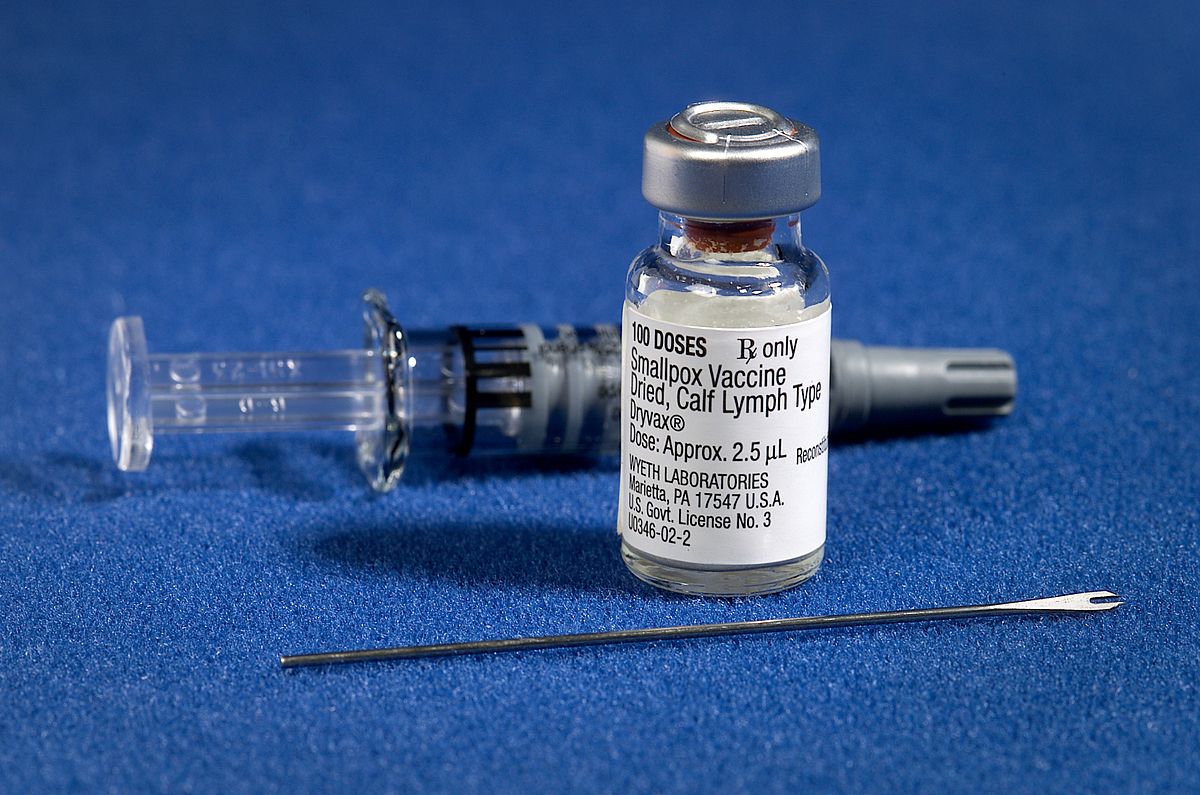
Vaccines have revolutionized modern medicine, playing a pivotal role in preventing infectious diseases and safeguarding public health. As we navigate through the vast landscape of healthcare, understanding the fundamentals of vaccines is crucial. In this article, we'll delve into eight essential facts about vaccines, shedding light on their significance, safety, and impact on global well-being.
From the inception of vaccination to the science behind immunization, we'll explore the fascinating journey of vaccines. We'll also debunk common misconceptions and address the importance of vaccination in combating infectious diseases. By unraveling these facts, we aim to empower readers with valuable insights into the world of vaccines, enabling them to make informed decisions about their health and well-being.
Join us on this enlightening exploration of vaccines, where we'll unravel the mysteries, dispel the myths, and celebrate the remarkable achievements of vaccination in preserving human health. Let's embark on this enlightening journey to uncover the truth about vaccines and their profound impact on our lives.
Key Takeaways:
- Vaccines have a long history and have saved countless lives by preventing infectious diseases. They work by stimulating the immune system to develop immunity without severe symptoms.
- Vaccines are rigorously tested for safety, protect entire communities through herd immunity, and are essential for people of all ages to maintain immunity against a range of diseases.
Vaccines have been around for centuries.
Dating back to the 10th century, the concept of vaccination has a long history. The practice of inoculation was used in ancient China and India to prevent smallpox. In 1796, Edward Jenner developed the smallpox vaccine, marking the birth of modern vaccination. Since then, vaccines have played a crucial role in preventing infectious diseases and have saved countless lives.
Vaccines work by stimulating the immune system.
When a vaccine is administered, it introduces a harmless form of the virus or bacteria into the body. This triggers the immune system to produce antibodies and activate immune cells to recognize and destroy the specific pathogen. As a result, the body develops immunity to the disease without experiencing the severe symptoms of the illness.
Vaccines have eradicated deadly diseases.
Thanks to widespread vaccination efforts, diseases such as smallpox have been completely eradicated. Additionally, diseases like polio, measles, and diphtheria have been significantly reduced in prevalence and severity, leading to a dramatic improvement in public health worldwide.
Vaccines are rigorously tested for safety and efficacy.
Before a vaccine is approved for public use, it undergoes extensive testing in clinical trials to assess its safety and effectiveness. Regulatory agencies such as the FDA and CDC closely monitor the development and testing of vaccines to ensure that they meet stringent safety and quality standards.
Vaccines protect not only individuals but also communities.
Through a phenomenon known as herd immunity, widespread vaccination protects the entire community, including those who cannot be vaccinated due to medical reasons. By preventing the spread of infectious diseases, vaccines safeguard vulnerable populations and contribute to the overall well-being of society.
Vaccines are continuously evolving to combat new threats.
As infectious diseases evolve, so do vaccines. Ongoing research and development efforts aim to address emerging infectious diseases and enhance existing vaccines to provide broader protection against evolving pathogens.
Vaccines are recommended for people of all ages.
From infants to the elderly, vaccines are essential for maintaining immunity against a range of diseases. Vaccination schedules are designed to provide optimal protection at different stages of life, ensuring that individuals remain safeguarded against preventable illnesses.
Vaccines are a critical tool in the fight against pandemics.
During global health crises, vaccines play a pivotal role in controlling and mitigating the impact of pandemics. The development and distribution of vaccines are instrumental in curbing the spread of infectious diseases and saving lives on a global scale.
Directed by Oliver Stone, this iconic war film took the world by storm with its raw portrayal of the Vietnam War.
“Platoon” won four Academy Awards.
The film received critical acclaim and went on to win Best Picture, Best Director, Best Film Editing, and Best Sound Mixing at the 59th Academy Awards.
It was partially based on Oliver Stone’s own experiences in Vietnam.
Oliver Stone served in the Vietnam War, and the movie draws from his personal encounters and observations on the battleground.
Conclusion
In conclusion, vaccines have revolutionized public health by preventing the spread of infectious diseases and saving countless lives. Understanding the facts about vaccines is crucial for making informed decisions about personal and community health. By debunking myths and misconceptions, individuals can embrace the proven benefits of vaccination. It's important to consult healthcare professionals and reputable sources to stay informed about the latest vaccine developments and recommendations. With ongoing research and advancements in vaccine technology, the future holds promising prospects for further improving global immunization efforts and safeguarding public well-being.
FAQs
Q: Are vaccines safe for everyone?
A: Vaccines undergo rigorous testing for safety and efficacy before approval for public use. However, certain individuals with specific medical conditions may need to consult healthcare providers before receiving certain vaccines.
Q: Do vaccines cause autism?
A: Extensive scientific research has debunked the myth linking vaccines to autism. There is no credible evidence supporting this claim, and vaccines are not associated with an increased risk of autism.
Was this page helpful?
Our commitment to delivering trustworthy and engaging content is at the heart of what we do. Each fact on our site is contributed by real users like you, bringing a wealth of diverse insights and information. To ensure the highest standards of accuracy and reliability, our dedicated editors meticulously review each submission. This process guarantees that the facts we share are not only fascinating but also credible. Trust in our commitment to quality and authenticity as you explore and learn with us.
